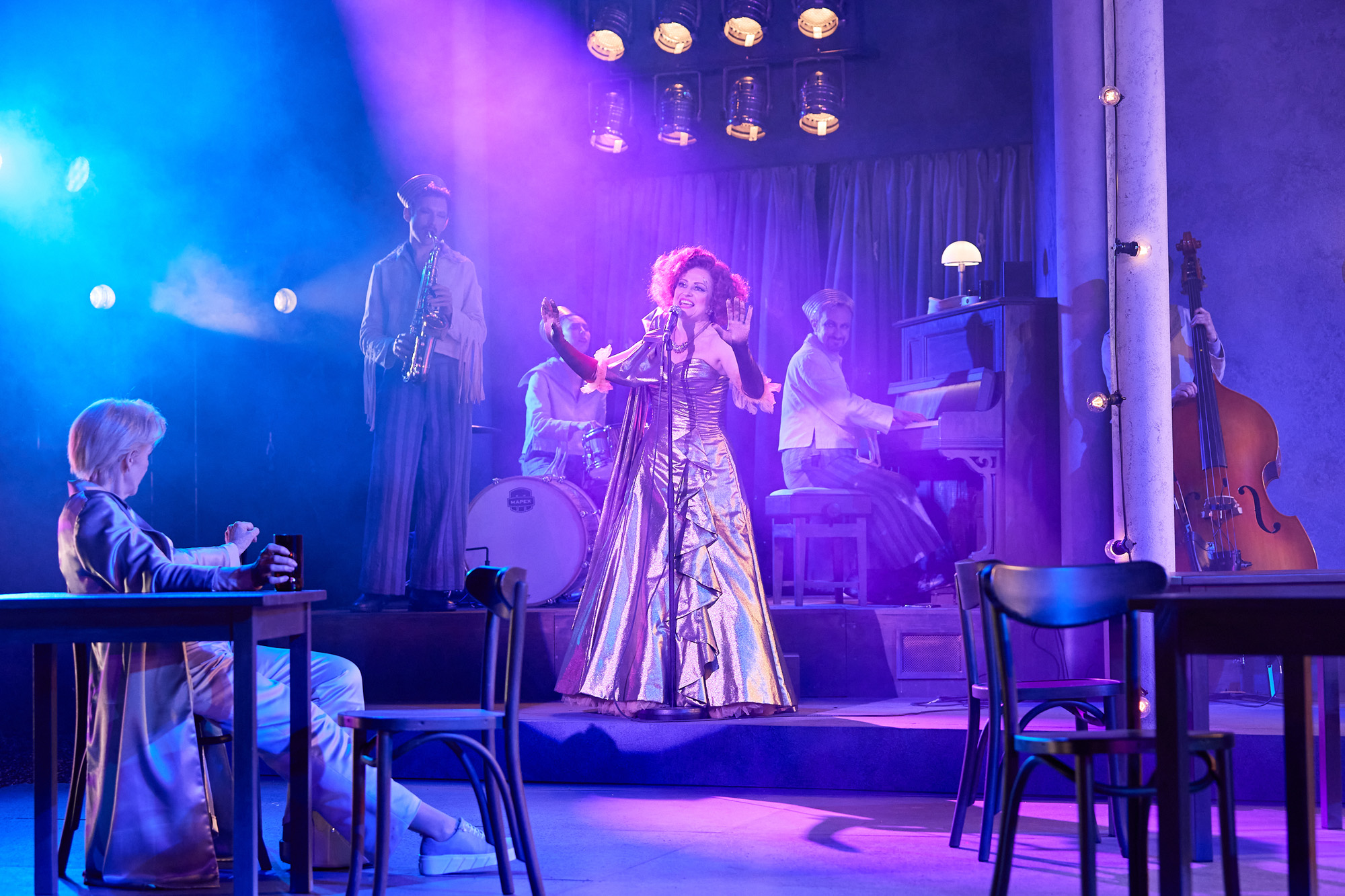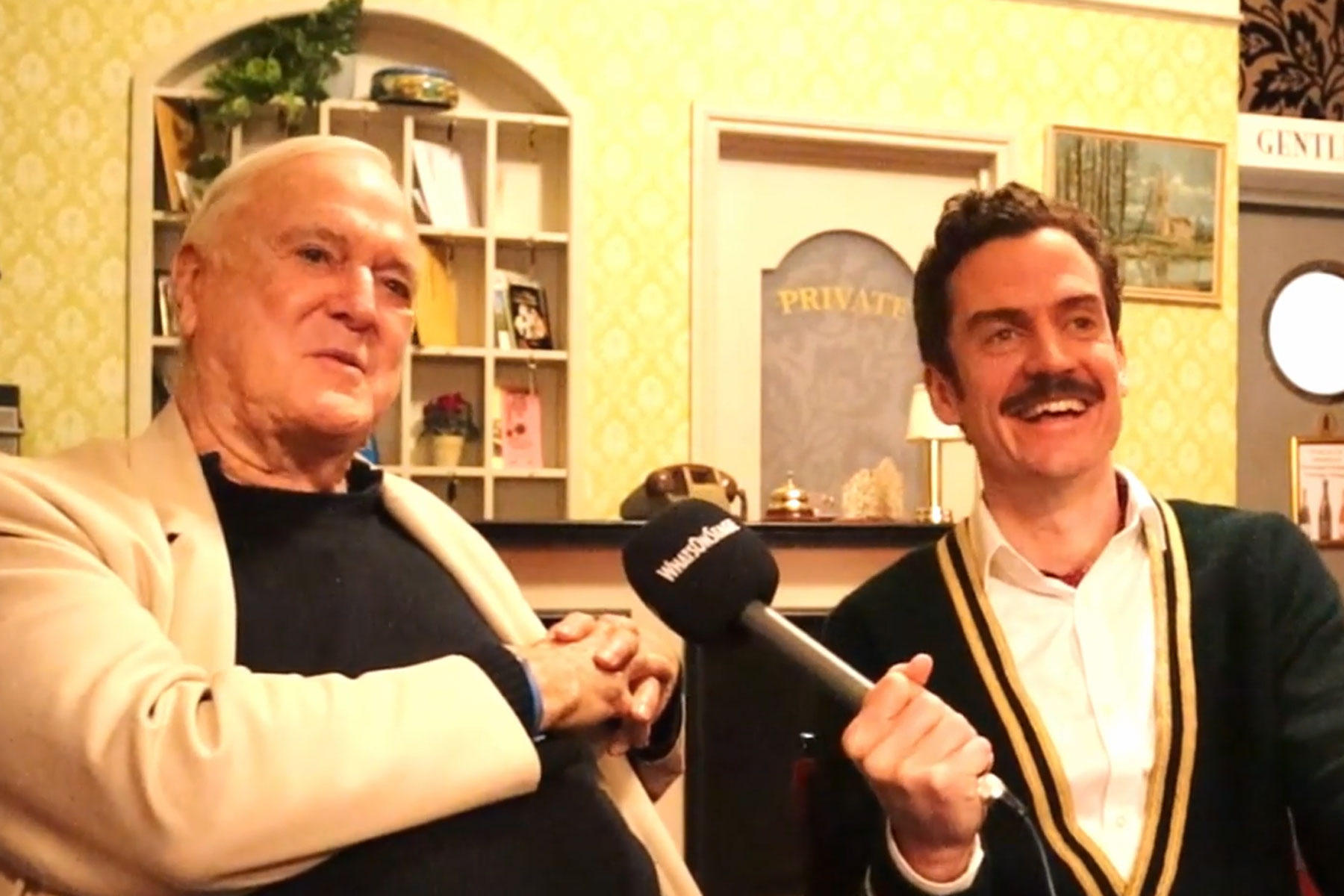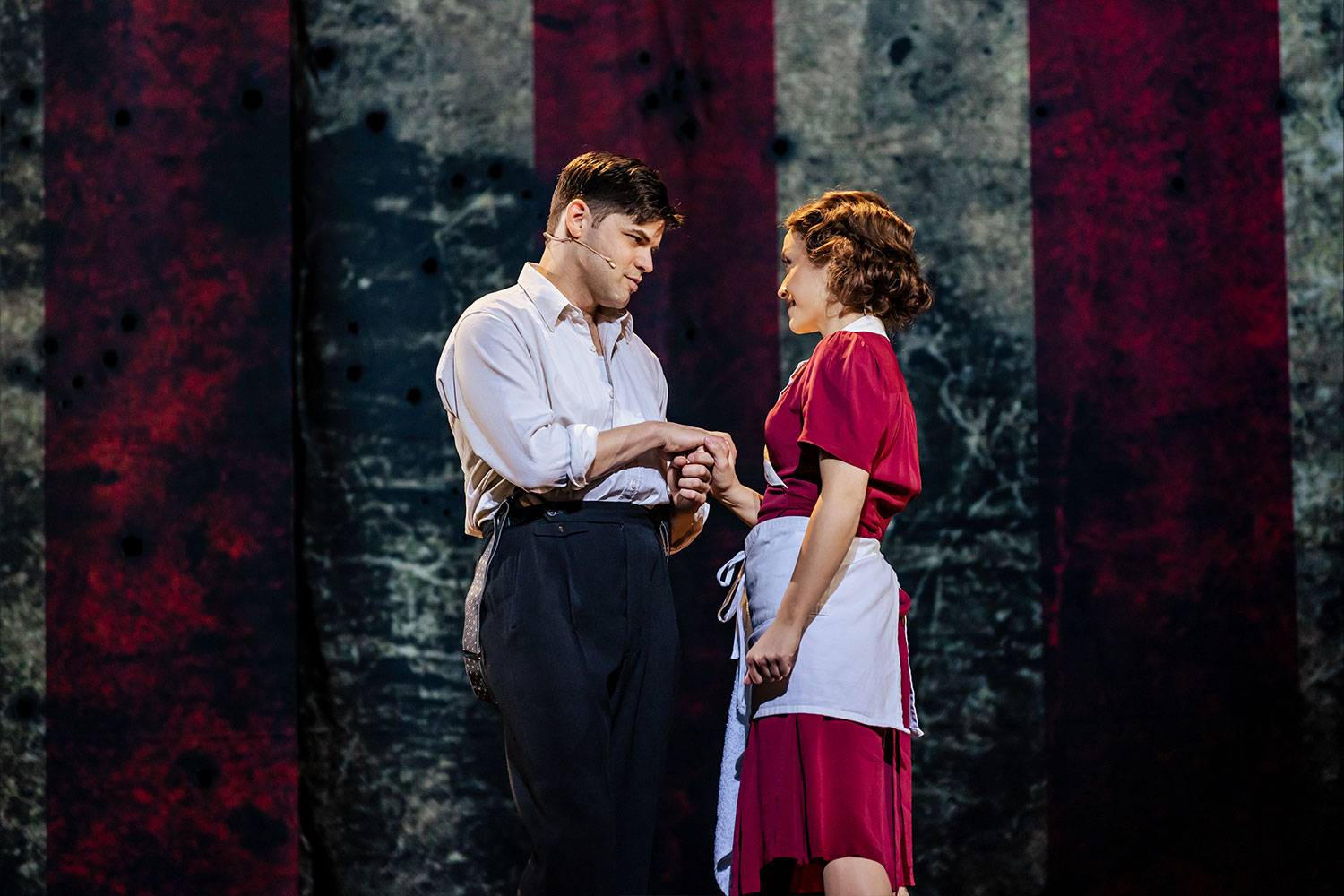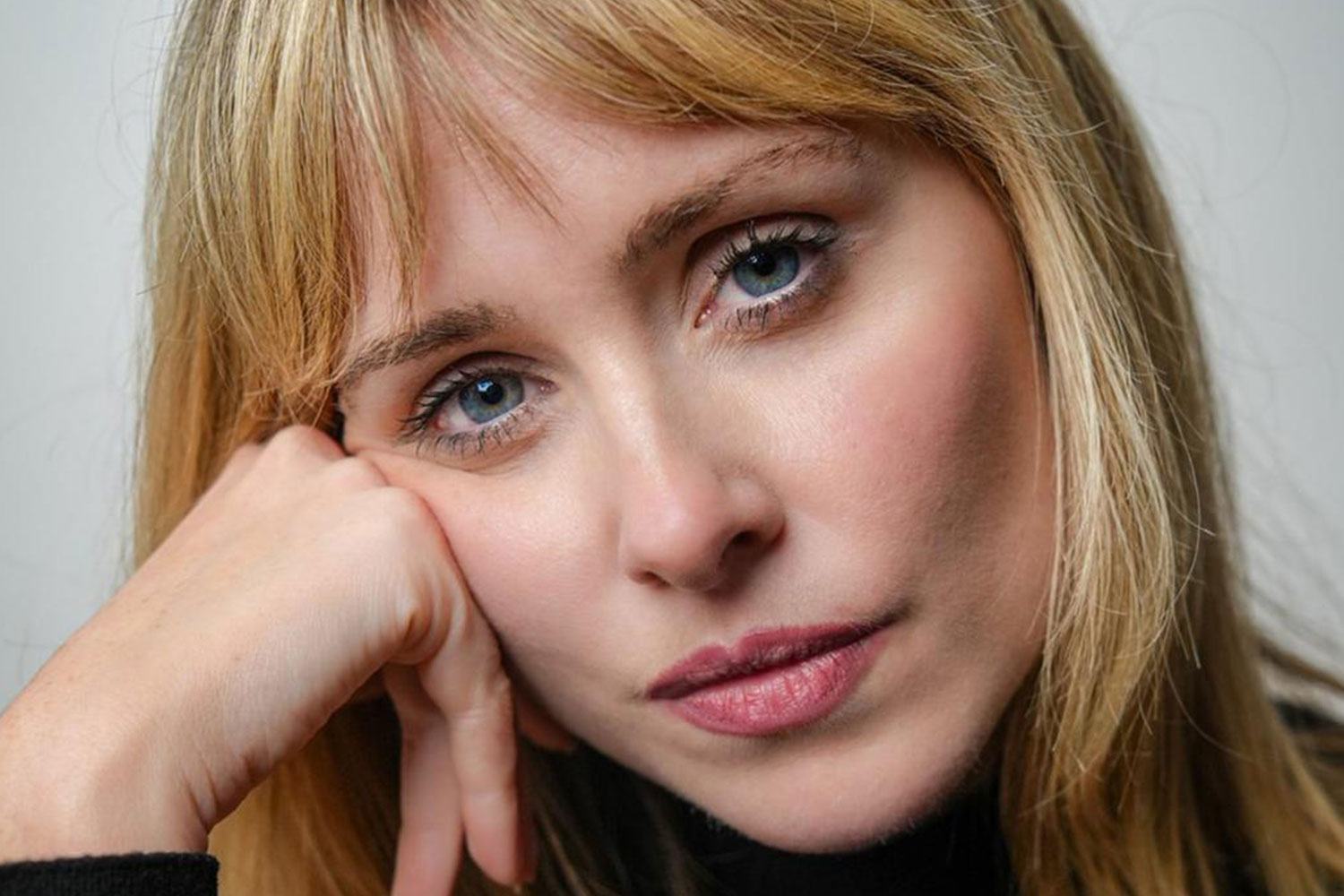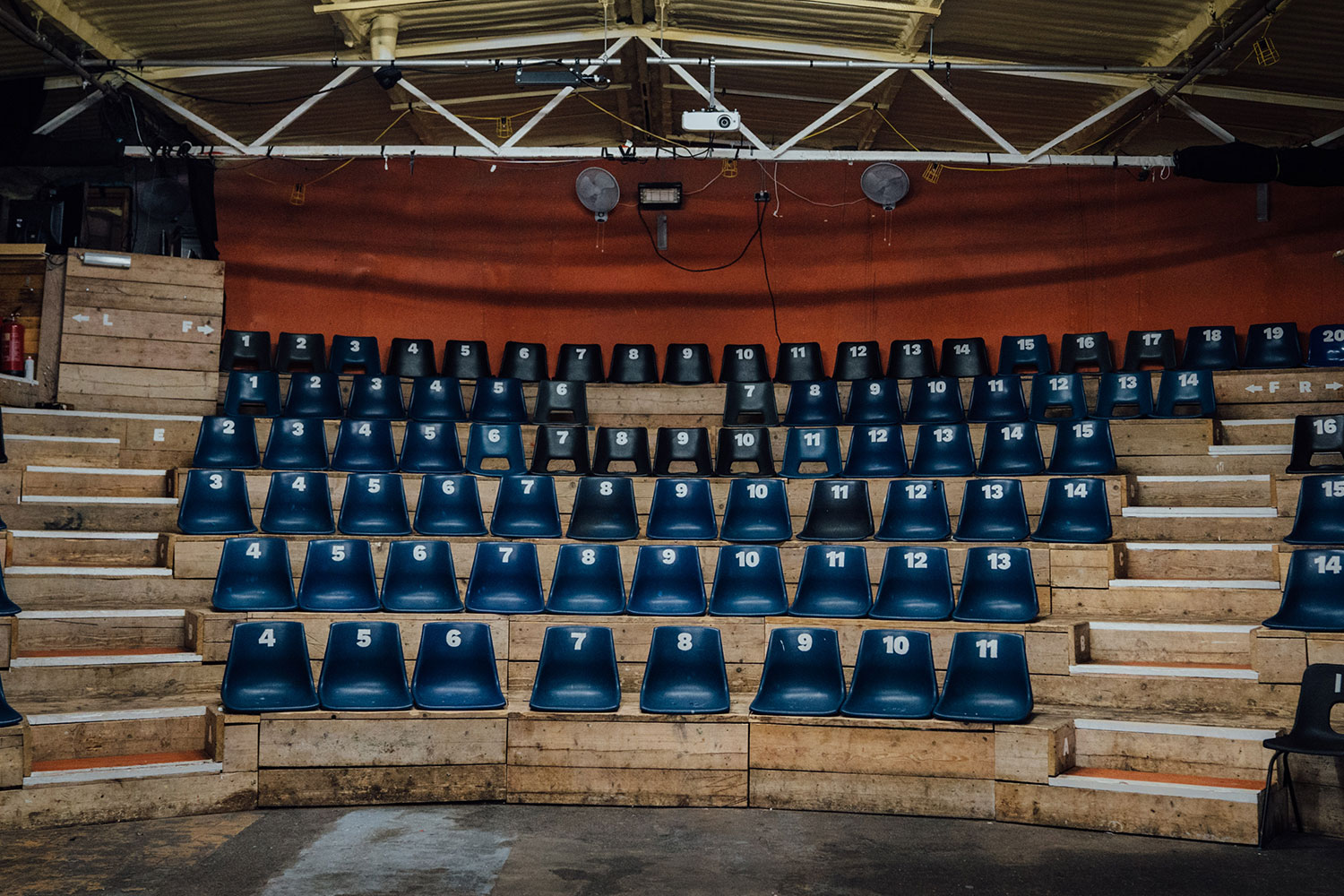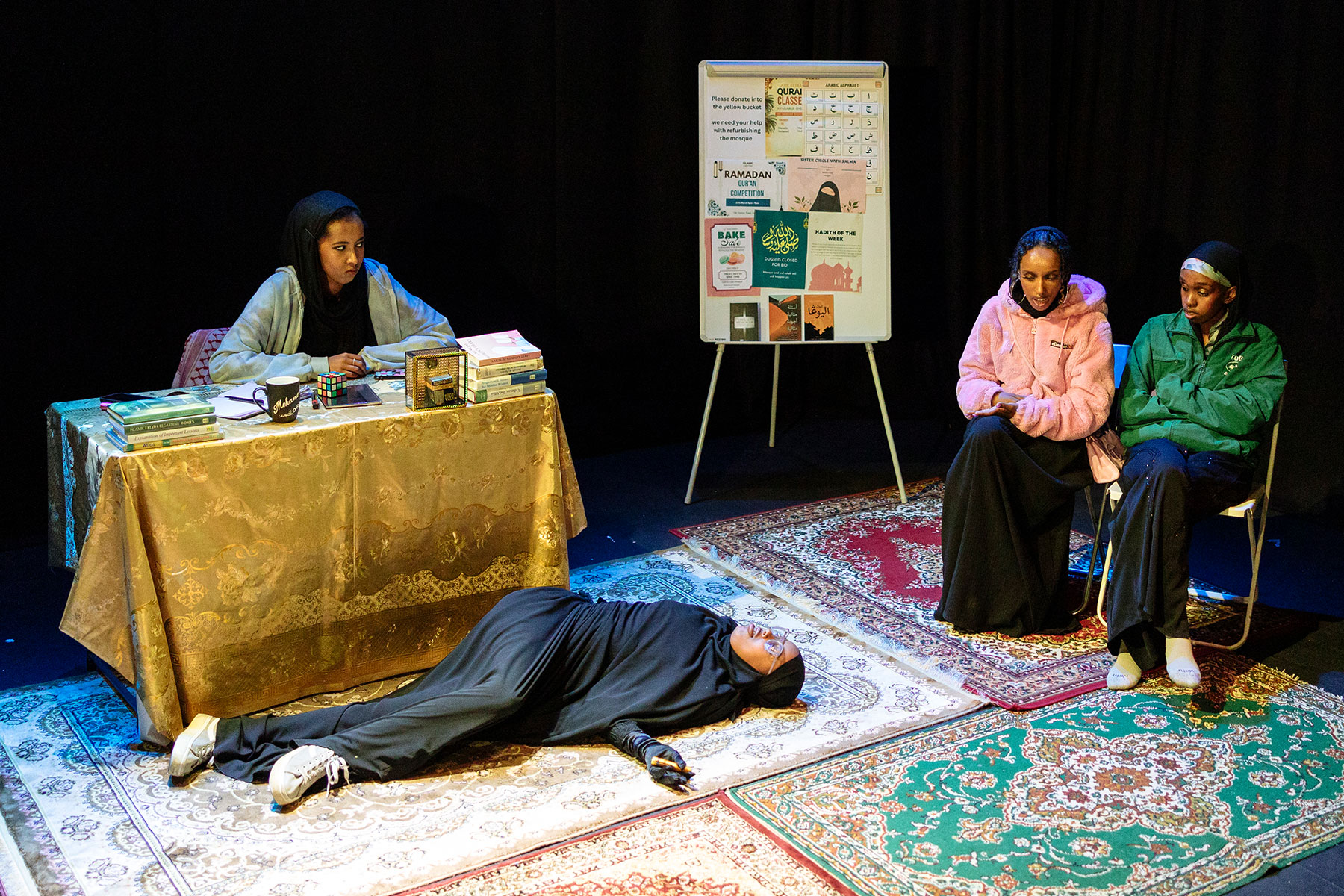Blame (tour)
York Theatre Royal deserves enormous credit for its brave partnerships with innovative touring companies to produce state-of-the-nation theatre. Following last year’s superb Sing Yer Heart Out For the Lads with Pilot, it’s wonderful to find Judith Jones and Beatrix Campbell’s challenging new play (staged with Sphinx Theatre Company) in such an essentially conservative theatre-going city as York.
Regretfully I have to say that Blame lacks the impact its plot and theme might suggest. Mandy, a 27-year-old almost single mother (the odd appearances of father Denny inspire only fear), parties wildly on her birthday with a miscellaneous collection of friends (pretty much all on the wrong side of the law, either now or in the past), refusing to think about her eight-year-old daughter who is at her grandmother’s. Repeated phone calls are ignored. The first half ends with the news of the disappearance of the daughter – and the second half apportions blame.
The play certainly has impact, but lacks coherence. Patrick Connellan’s staging does away with the proscenium arch and thrusts itself dramatically into the reconfigured and drastically reduced stalls, but, given the space available, it is surely perverse to begin with a scene far upstage, with half the characters facing away from the auditorium and little comprehensible dialogue to aid a puzzled audience in discovering who is who.
There is plenty to admire in individual performances. Andrew Paul completes a memorable double, as the menacing and unfeeling Denny and a touching Uncle Ray, trying to rebuild his life from violence and alcoholism: his Act 2 monologue about Auntie Rosalind in hospital is simultaneously the funniest and most moving speech of the play.
Sandra Yaw’s Paula puts the Christian view with dignity and conviction, Nicholas Beveney is suitably ambiguous as the outwardly responsible drug-dealer Dwayne and Katie Wimpenny brings out Chantelle’s self-absorption well, even if her accent (possibly authentic Hackney) is often impenetrable. Callie Ward plays the daughter, Laikeisha, with admirable confidence. Lindsey Coulson does everything asked of her as Mandy, but I’m not sure that it all adds up to a character.
Deborah Bruce’s production is, quite deliberately, a thing of two halves; the first involving much frantic action, shifting of furniture and bursts of urban music, the second, more meditative, with extended monologues explaining characters’ pasts or examining guilt. The institutional neglect of the underclass is certainly a telling subject for a play, but I would have liked a more coherent conclusion than simply to blame the failure of “back up” from those in power.
– Ron Simpson (reviewed at York Theatre Royal)




